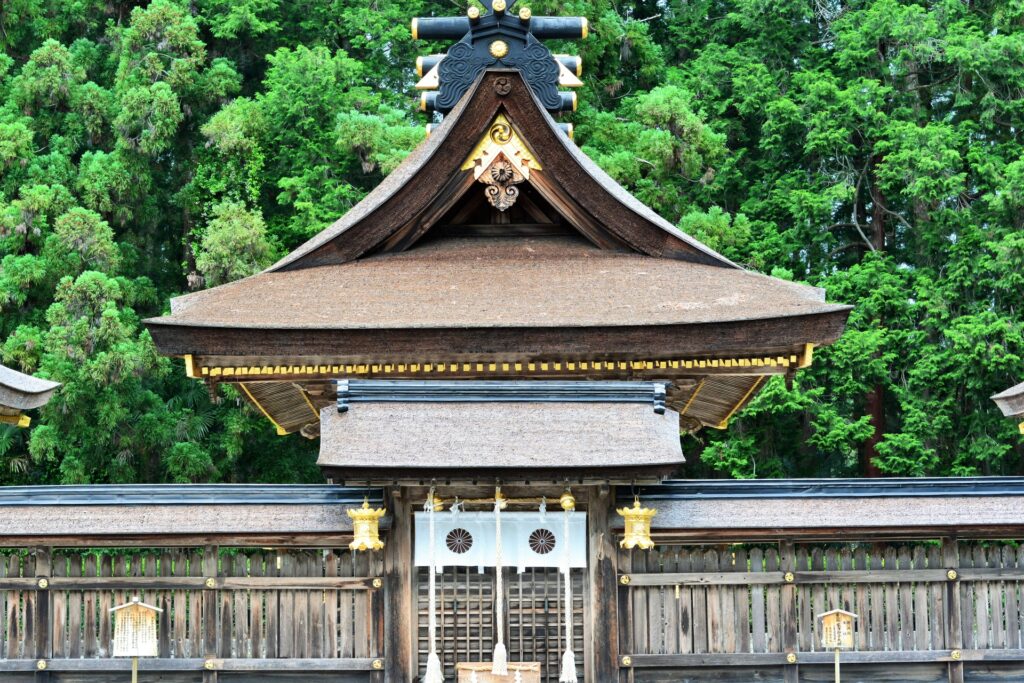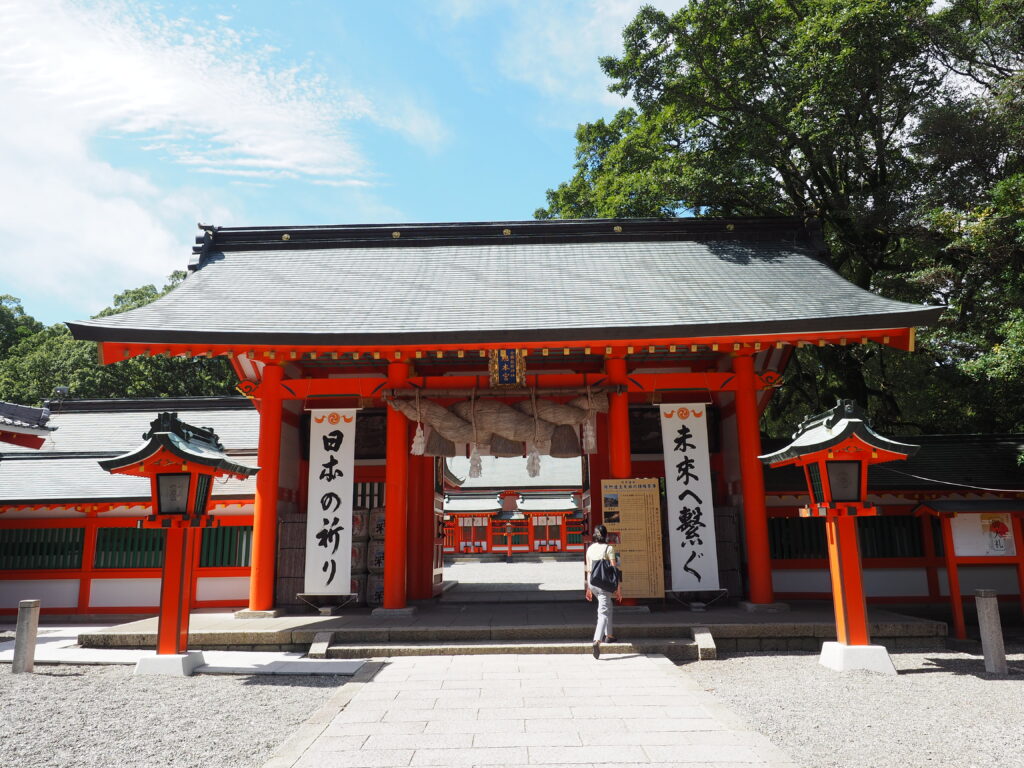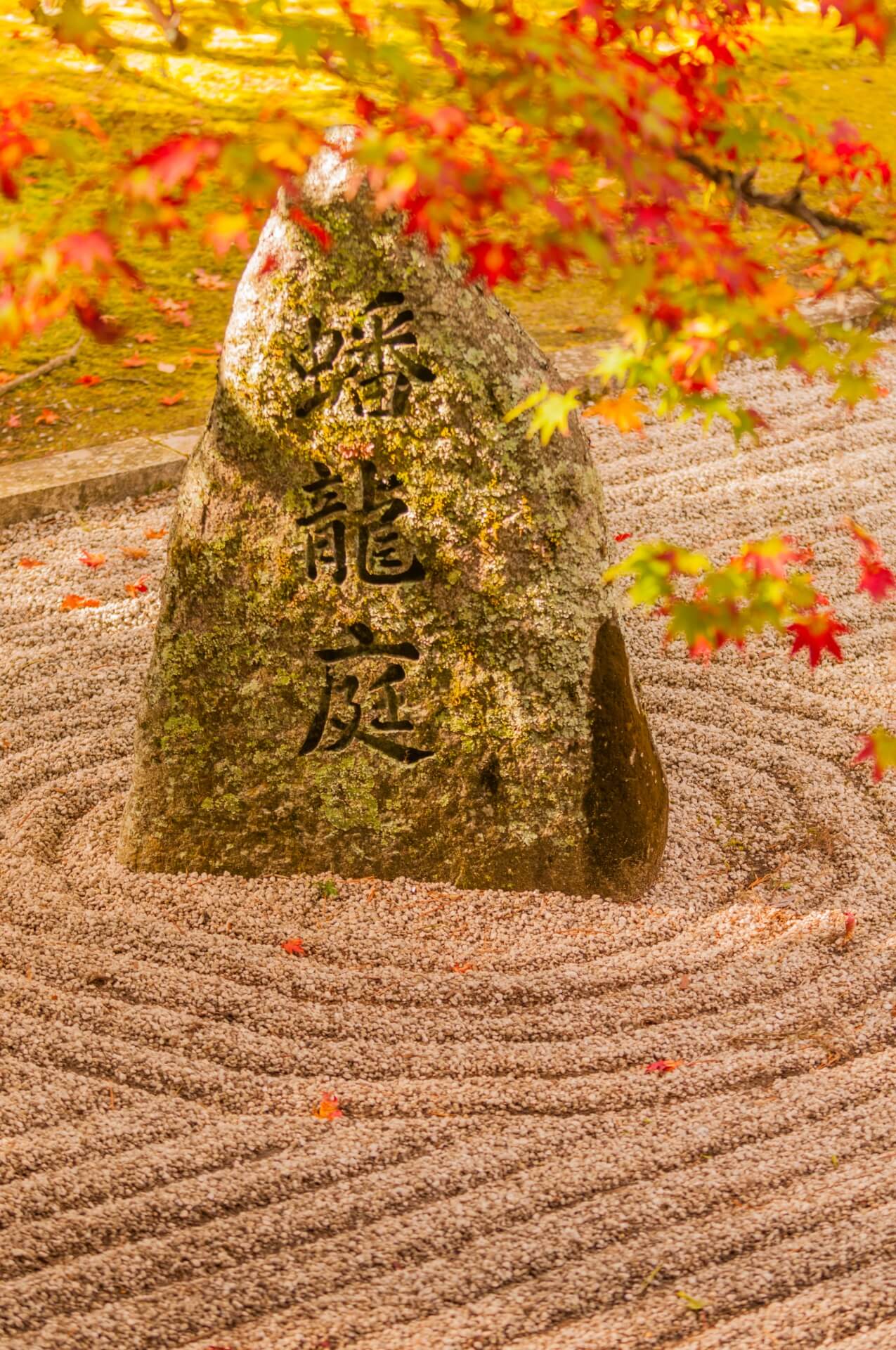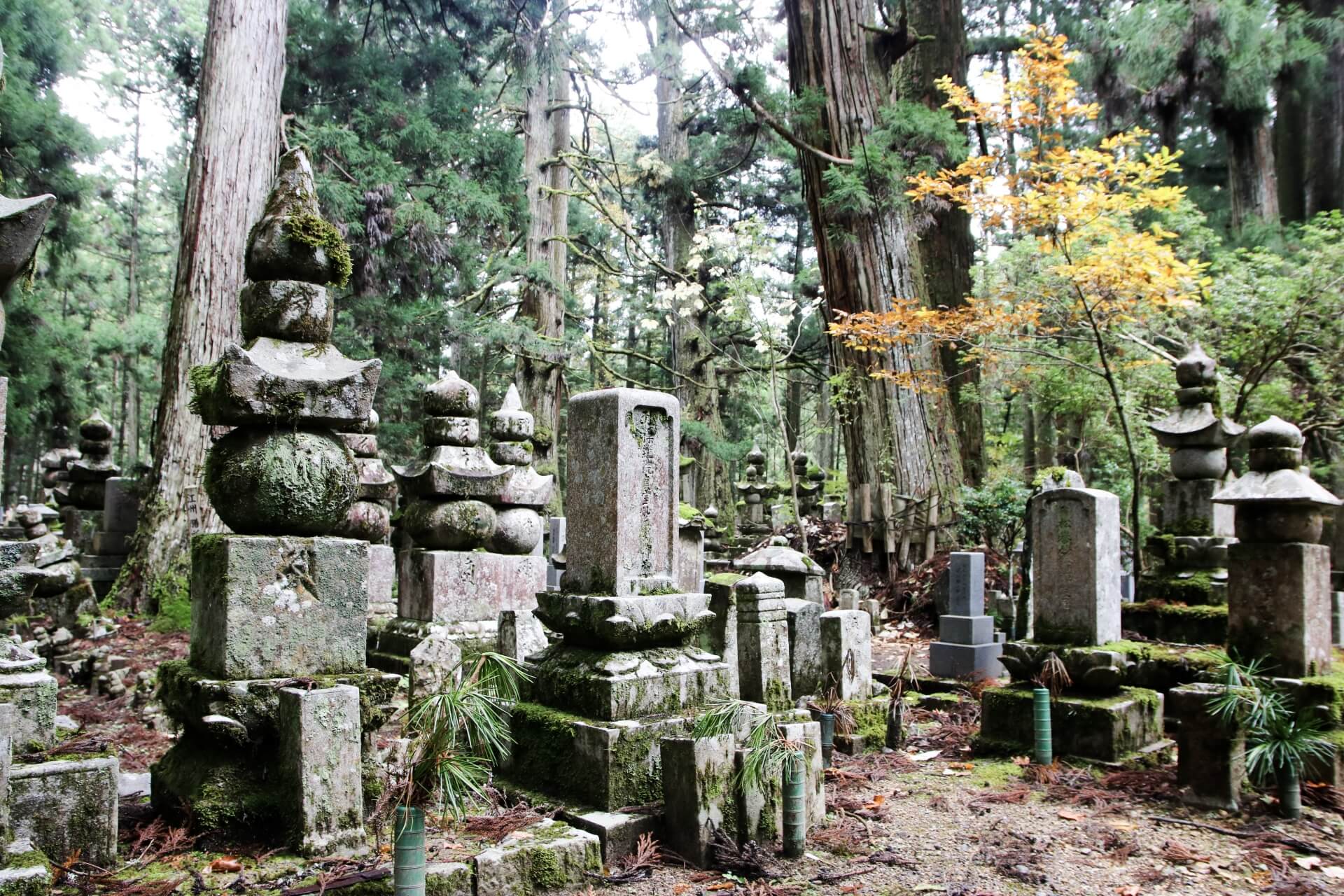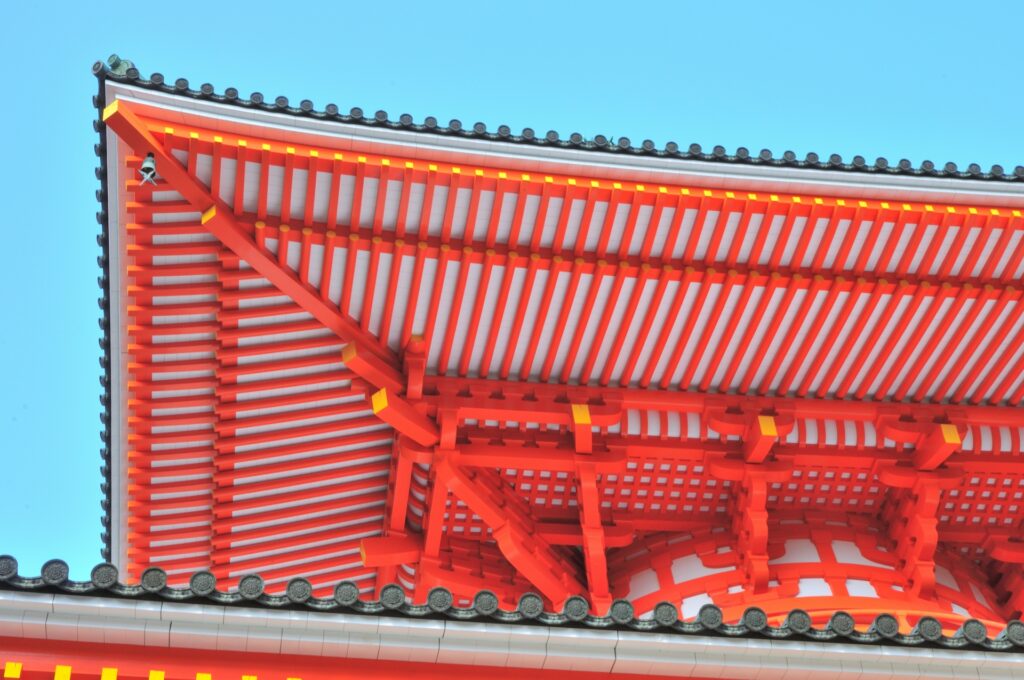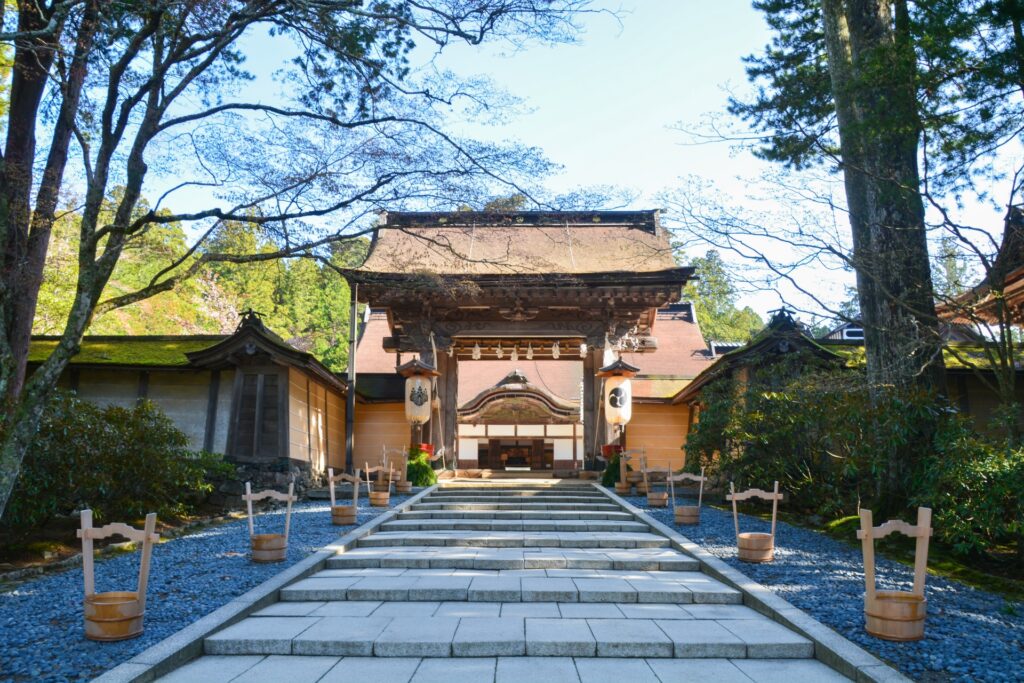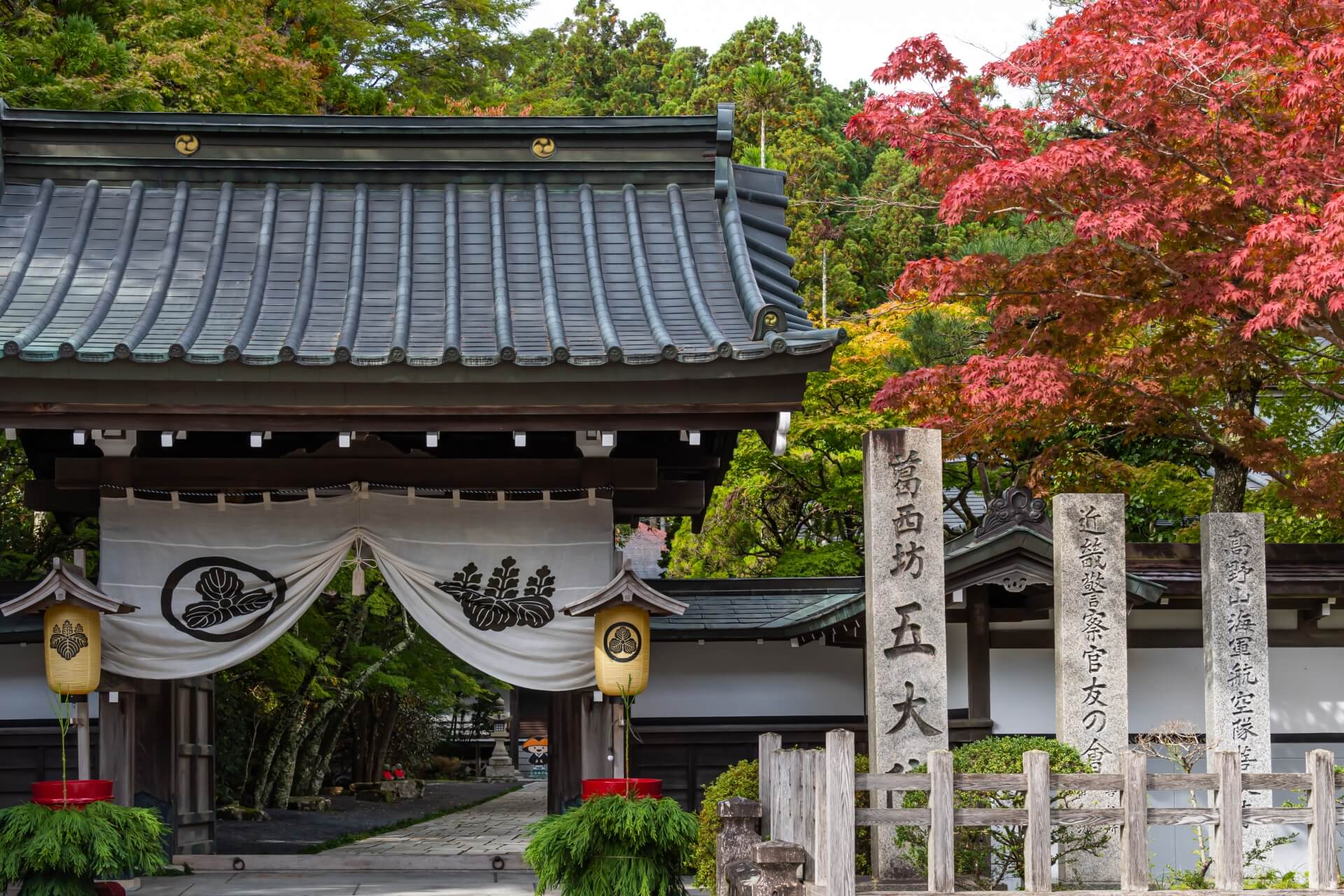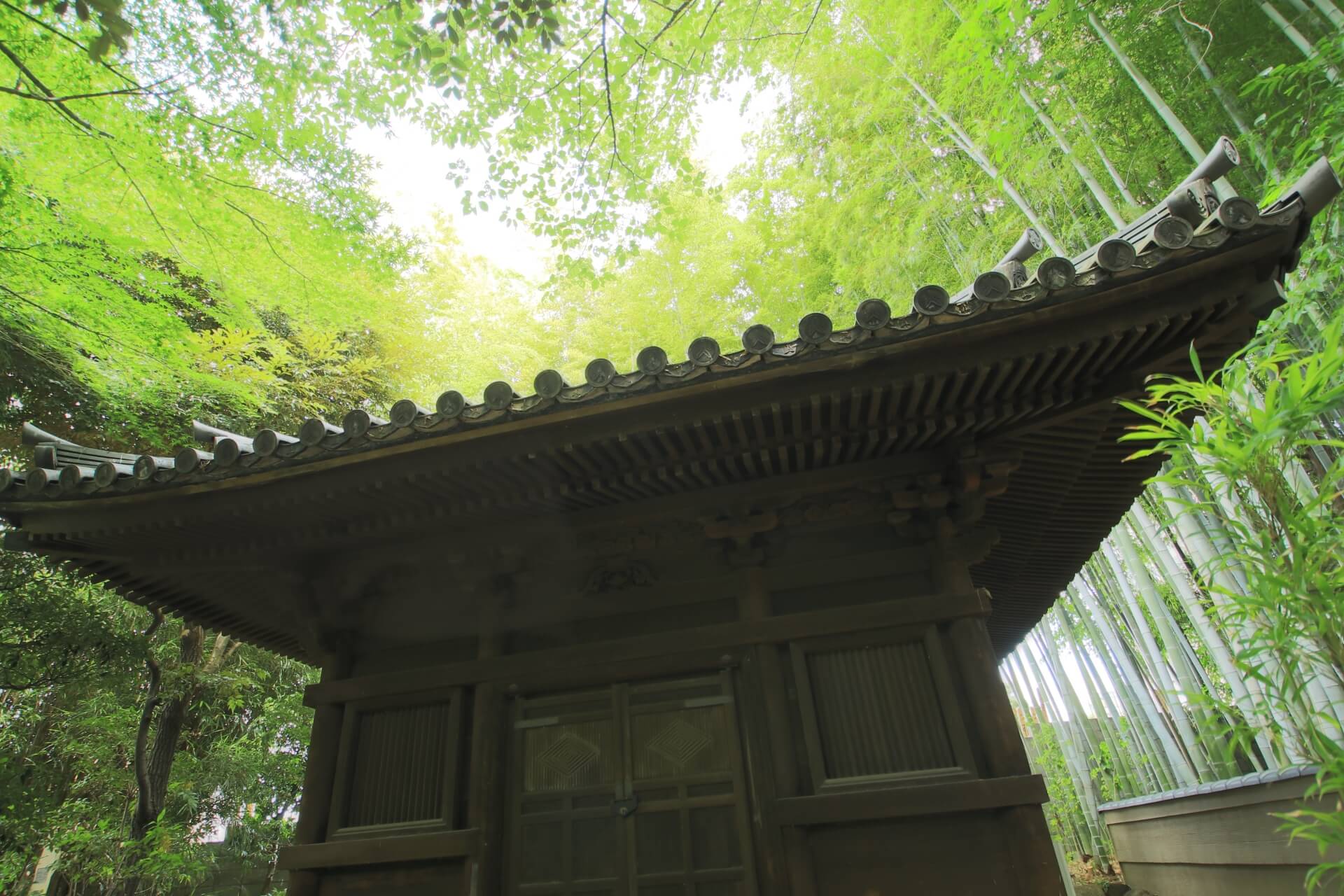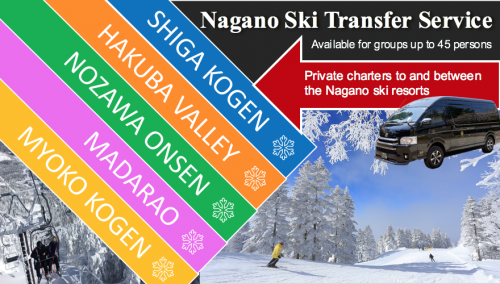OPEN CATEGORY
Kumano Nachi Taisha
Kumano Nachi Taisha includes both a Shinto shrine and Buddhist temple – which for most of their history were under the control of one religious authority. Facing ‘Nachi-no-taki’, a 133 metre tall wat...Kumano Hayatama Taisha
The Kumano Hayatama Taisha, also referred to as ‘Shingu’ is one of the Kumano Grand Shrines. Located on the coast in Shingu City, the shrine is nearby the mouth of the Kumano River from which water f...Explore Koyasan (Mount Koya)
As the centre of the Shingon Buddhism, Mount Koya or ‘Koyasan’ is one of Japan’s most important centres. Founded in the 9th century by the monk Kukai – one of the most significant historic and re...Okunoin Temple
As the mausoleum of Kobo Dashi, founder of Shingon Buddhism, Okunoin Temple is the most important site in the Koyasan (Mount Koya) complex and one of the most important temples in Japan. Also kno...Kongobu-ji Temple
Kongobu-ji is the most important temple in the Koyasan (Mount Koya) complex. Constructed during the 16th century, it is the head temple of Shingon Buddhism. As the most important temple of the Sh...Stay in a Koyasan ‘Shukubo’ (Temple Lodging)
Known as ‘shukubo’ in Japanese, temple lodgings often surround important temples throughout Japan. Intended to provide accommodation to pilgrims, most shukubo are open to guests of any faith or b...Mori Art Museum (MAM)
Located in the popular neighbourhood of Roppongi in Minato, the Mori Art Museum (MAM) is one of the best-known exhibition spaces in Tokyo. Rather than exhibit a permanent collection, MAM rotates its ...Nezu Museum
Located in a fashionable district of Aoyama in Tokyo, the Nezu Museum houses a collection of pre-modern Japanese and East Asian art. Displayed across a two-storey museum building and surrounded by a ...



